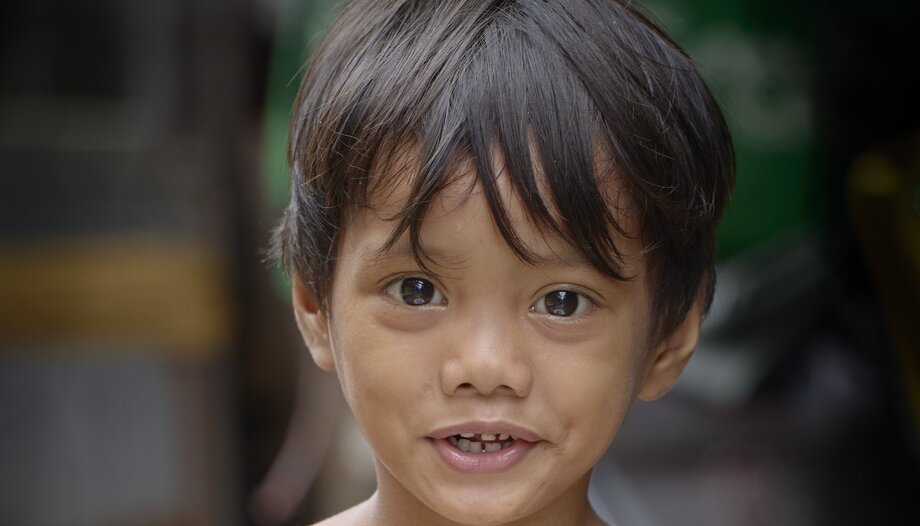 Vatican publishes long-awaited document on human dignity
Vatican publishes long-awaited document on human dignity Three points to understand "Dignitas infinita".
Three points to understand "Dignitas infinita".The Dicastery for the Doctrine of the Faith has recently published a Statement entitled "Dignitas Infinita" (Infinite Dignity) referring to human dignity. The Church, supported by reason and Revelation, affirms that the dignity of every human person is "inalienable and intrinsic, from the beginning of his existence (until his natural end) as an irrevocable gift". Precisely because this dignity is intrinsic it remains "beyond all circumstances" and its recognition cannot depend on the judgment of a person's capacity to understand and act freely. A person can be deprived of the use of reason or freedom without losing his or her human dignity. In this regard, the Declaration denounces that "the concept of human dignity is also sometimes abused to justify an arbitrary multiplication of new rights, many of which are often contrary to those originally defined and not infrequently contradict the fundamental right to life".
The Declaration breaks down a wide range of issues that are "grave violations of human dignity". These include the drama of poverty, the tragedy of war, human trafficking, sexual abuse and violence against women, abortion, surrogate motherhood, euthanasia and assisted suicide, gender ideology and sex change. On this sensitive issue, the Declaration qualifies that "this does not mean that it excludes the possibility that a person affected by genital abnormalities, which are already evident at birth or which develop later, may choose to receive medical assistance with the aim of resolving such abnormalities".
As you can see, it is a broad text that deals with very serious and topical issues. At times, it can give us the impression that we are preaching in the desert, even when dealing with questions in which human reason itself can easily distinguish what is in conformity with human dignity and what is contrary to it. However, we breathe a relativistic, individualistic and hedonistic culture in which what was evident becomes problematic and confused, justifying - as the Declaration itself says - an arbitrary multiplication of new rights, which contradict the very human dignity on which they are intended to be based. I encourage you to read it calmly. With my blessing.











